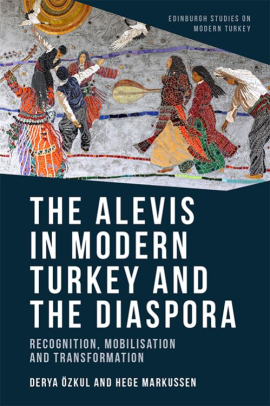|
If the newsletter does not display properly, please click here. |

|
|||||
|
|||||
|
Dear friends and colleagues, The Russian military assault on the Ukraine continues unabatedly and every day brings new disturbing news. We feel for the people harmed and at the same time keep exchanging thoughts in our research group about the latest events and their backgrounds and possible consequences. Today's Wednesday Weekly reflects these developments: Two new bulletin entries and an online lecture address the topic. |
|||||
|
Beyond that, Leipzig University has set up its own information website on the war in Ukraine including ways of providing humanitarian aid and donations. |
|||||
|
We also have a new publication and a Call for Papers for you. Last but not least, we would like to remind you of our Screening Religion series and give an update on the construction work in our office building. Have a good week. Anja & Lucy |
|||||
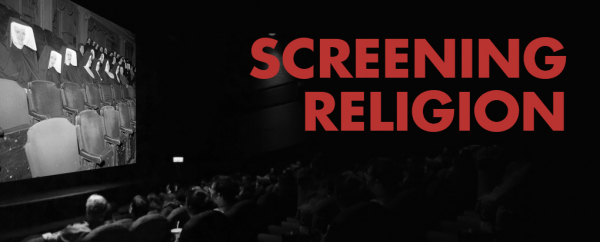
|
|||||
Reminder: Screening Religion: “Between God and I”, 16 March at naToWe would like to remind you that our Screening Religion film series starts again at the Cinémathèque Leipzig at naTo: The film “Between God and I”, tells the story of Karen, a Muslim independent young woman and will be shown in Portuguese and Macua with English subs. After the film there will be a discussion. Due to the current situation, there is limited seating. We recommend ticket reservations. Please always check online which anti-coronavirus measures are in place at the Cinémathèque on the day of the screening.
Cinémathèque Leipzig at naTo, Karl-Liebknecht-Straße 46, 04275 Leipzig Free entry, donations welcome
|
|||||
|
|||||
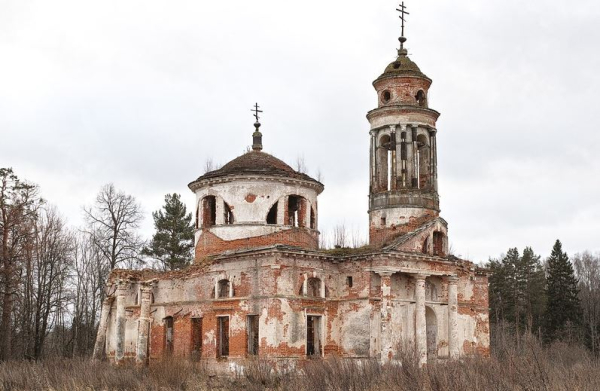
|
|||||
New Bulletin Entries: Sebastian Rimestad on the Orthodox view of the war in Ukraine and the latest utterances of Patriarch Kirill of MoscowAgainst the backdrop of the ongoing Russian military assault, our former Senior Research Fellow and current Heisenberg Fellow at the Institute for the Study of Religions at Leipzig University, Sebastian Rimestad sheds light on Orthodox Christianity in Ukraine and its role in the conflict. He points out the role of the religious aspect for the perception of the conflict and in the run-up to it, and also hints at how the religious landscape might ultimately be affected by it, but he seriously doubts that religion can play a decisive role in resolving the conflict. Taking into account the dynamics of the current events, Sebastian in a second article analyses a number of new developments, especially the latest utterances of Patriarch Kirill of Moscow.
Our Bulletin gives the opportunity to comment on current political, social or cultural events and developments from the perspective of Multiple Secularities, to place them in a broader context through our expertise or to present alternative perspectives. If you wish to make short, journalistic style contributions to the Bulletin, please contact Johannes Duschka. |
|||||
|
|||||
|
|||||
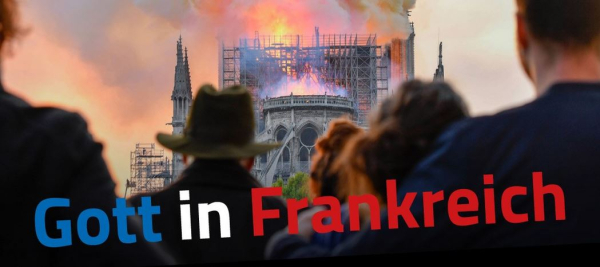
|
|||||
Online Lecture (in German): Tobias Cremer on „Instrumentalisierung des Glaubens. Katholizismus und Rechtspopulismus in Frankreich“ (“Instrumentalisation of Faith. Catholicism and right-wing populism in France“), 10 MarchIn the run-up to the French presidential elections, we would like to turn your attention to our European neighbour: Political scientist Tobias Cremer, who currently works at Pembroke College at Oxford University, looks at the relationship between right-wing populism and religion. In view of the current situation, the impact of the Russian war of aggression on the election campaign will also be discussed. This lecture is part of the series “God in France”, initiated by the Forschungsinstitut Gesellschaftlicher Zusammenhalt in cooperation with the Institut français Leipzig and the Leibniz Forum Leipzig.
Online and (after registration) Faculty of Theology, Leipzig University, Beethovenstraße 25, 04107 Leipzig
|
|||||
|
|||||
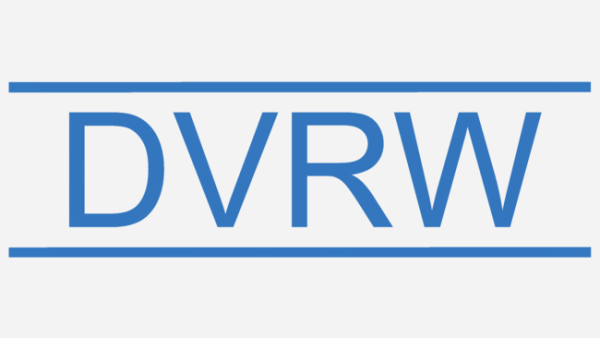
|
|||||
Call for Papers: Workshop “Religious Plurality during the 1920s and 1930s” of Working Group RelPol within DVRW/German Association for the Study of Religions, 1–2 JulyThe 1920s and 1930s have once again become the focus of public and academic debates, which is linked to the fundamental socio-cultural upheavals of those decades and the idea that we might be facing similar processes of change in present or near future times. Current research on religion has developed this idea into a productive research agenda. In German-speaking countries, a number of projects have emerged in recent years that focus on processes of religious pluralization under the conditions of socio-cultural change in the 1920s and 1930s. And internationally, this field of research is also gaining more and more contours. This workshop takes up these research initiatives and aims to make them more useful for research in religious studies. Applications and questions can be directed to Alexandra Katzian.
Deadline for Registration: 29 May Workshop Date: 1–2 July Location: Stephansplatz 3/ 3rd floor, Vienna/Austria | If necessary and requested as hybrid format
|
|||||
|
If you have any content that you think suits the purpose of the weekly, please feel free to send it to us at multiple-secularities@uni-leipzig.de. |
|||||
|
Kolleg-Forschungsgruppe "Multiple Secularities - Beyond the West, Beyond Modernities" Nikolaistraße 8-10, 04109 Leipzig Mail: multiple-secularities@uni-leipzig.de |

